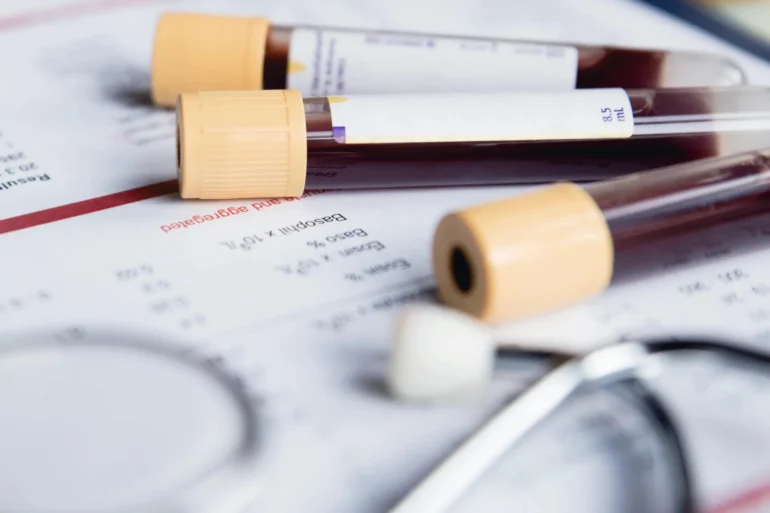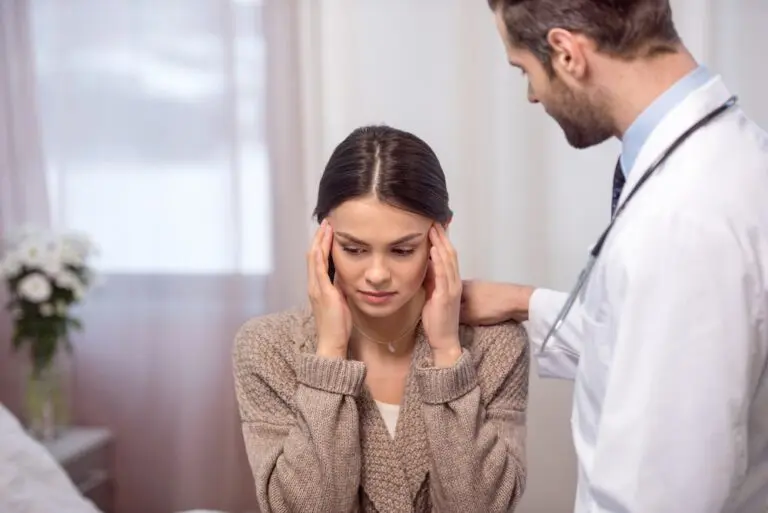Dehydroepiandrosterone, or DHEA, is one of those hormones many women haven’t heard much about—until they begin noticing subtle signs of aging that don’t always align with the calendar. Produced by the adrenal glands, DHEA plays a central role in hormonal balance, energy levels, mood, and even skin health. But what happens when levels begin to drop?
If you’re navigating your 30s, 40s, or beyond and wondering whether changing hormone levels are affecting how you feel, DHEA might be part of the puzzle.
Let’s explore what dehydroepiandrosterone does, why it declines with age, and what women should really know about its impact.
What Is DHEA and Why Is It Important for Women?
DHEA (dehydroepiandrosterone) is a hormone your body naturally produces in the adrenal glands, with smaller amounts also coming from the ovaries. It acts as a precursor to both estrogen and testosterone—key hormones that regulate mood, energy, metabolism, skin integrity, and sexual health in women.
While estrogen often gets more attention, dehydroepiandrosterone supports many of the same systems. Think of it as the backup battery for hormonal health. When estrogen or testosterone levels start to fluctuate, especially in perimenopause or menopause, DHEA steps in to support hormonal balance. However, it’s also subject to decline.
Most women reach their peak dehydroepiandrosterone levels in their early 20s. By the time we hit 40, DHEA production may have already dropped by more than half. That reduction can contribute to many of the symptoms we often associate with aging—even if menopause is still years away.
Signs of Low DHEA Levels as You Age

As your DHEA levels fall, you might start to notice changes that feel a little off—but hard to pinpoint. It’s not just about fatigue or mood swings (though those are big ones). DHEA touches many aspects of well-being:
- Fatigue and low energy even with enough sleep
- Decreased libido and changes in sexual responsiveness
- Mood changes like anxiety or mild depression
- Thinning skin and loss of elasticity
- Poor concentration or fuzzy thinking
One of the most misunderstood aspects of dehydroepiandrosterone is that it doesn’t operate in isolation. Low levels can worsen other hormone imbalances, such as thyroid dysfunction or low estrogen, making it harder to feel “normal” even if you’re doing all the right things.
How to Test Your DHEA Levels at Home

If you’re experiencing unexplained symptoms or simply curious about your hormonal health, testing levels of this hormone is a smart first step. Many women don’t realize how accessible this has become. You no longer need to book lab visits or fight for referrals.
Services like RX Home Test offer at-home hormone testing kits that check for a full panel of key markers, including DHEA. This kind of test is saliva-based or blood spot (depending on the kit), non-invasive, and shipped discreetly to your door. After returning the sample, you’ll get personalized results and often, actionable insights within days.
This is especially useful if you want to track your hormone changes over time or explore potential root causes of symptoms like poor sleep, chronic stress, or aging skin.
Why DHEA Declines and What You Can Do About It
DHEA decline is a natural part of aging, but it can be accelerated by lifestyle factors such as:
- Chronic stress: High cortisol competes with DHEA production.
- Poor sleep: Disrupts the body’s repair and hormone balance cycles.
- Lack of physical activity: Regular movement helps modulate hormones.
- Nutritional deficiencies: Especially vitamin D, zinc, and omega-3s.
That said, not all age-related DHEA loss is “inevitable.” You do have some control.
Here’s what helps naturally support dehydroepiandrosterone levels:
- Prioritize stress reduction (meditation, journaling, breathing work)
- Improve sleep hygiene and consistency
- Include resistance training and cardio in your weekly routine
- Eat a diet rich in healthy fats, lean protein, and colorful vegetables
- Avoid excessive alcohol and processed sugar
These strategies not only benefit DHEA, but also improve your overall hormonal and metabolic health.
Should You Supplement With DHEA?
This is where things get tricky—and frankly, controversial. DHEA is available over-the-counter as a supplement, often marketed for anti-aging, libido, or muscle gain. However, self-medicating can be risky.
DHEA supplementation should always be discussed with a healthcare provider, ideally one who understands hormone replacement or functional medicine. Taking too much can cause side effects like:
- Oily skin or acne
- Hair thinning or unwanted hair growth
- Changes in mood or irritability
- Altered menstrual cycles
- Liver strain (in rare cases)
Additionally, because DHEA converts into both estrogen and testosterone, individual metabolism plays a role in how it affects your body. A low dose might help one woman feel energized, while another may experience bloating or anxiety.
The Role of DHEA in Skin and Aging

One particularly interesting area of research connects DHEA levels to skin aging. Collagen production, skin hydration, and dermal thickness all correlate with hormonal balance—and DHEA is part of that system.
Some studies have shown that DHEA supplementation improved skin hydration and elasticity in postmenopausal women. Others are exploring topical dehydroepiandrosterone in creams as a more targeted anti-aging solution with fewer systemic effects.
While it’s not a magic bullet, dehydroepiandrosterone’s connection to skin health gives it a compelling place in the anti-aging conversation, especially for women seeking non-invasive ways to maintain a youthful look.
When to Talk to a Doctor About Hormonal Testing
If you’ve read this far and some of the symptoms or questions sound familiar, it’s probably time to act. A healthcare provider can guide you through lab testing, review your health history, and help you decide whether lifestyle changes, supplements, or further tests are the right next step.
You don’t have to wait until menopause or a major health issue to start taking control of your hormone health. In fact, earlier action often leads to better outcomes.
Final Thoughts
Understanding DHEA’s role in women’s health is more than just a hormone deep dive—it’s about recognizing how your body changes with age and learning to respond with intention. Whether you’re feeling “off” or just want to stay proactive, getting familiar with your DHEA levels could be the missing link in your wellness journey.
And remember, balance—not perfection—is the goal. Your hormones don’t need to be “optimized” to textbook levels; they need to work for your life, your body, and your energy.

